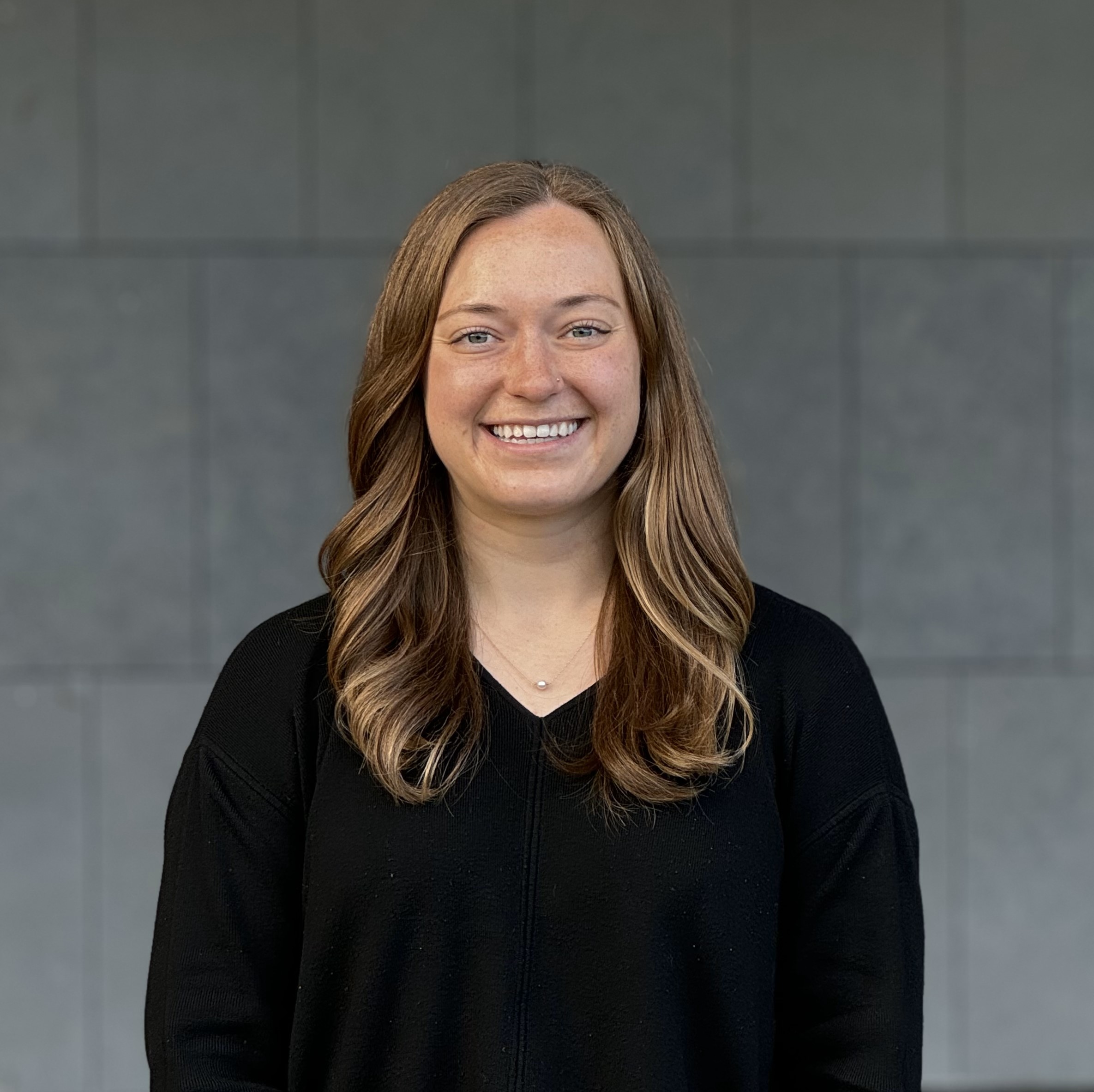ABOUT
Elizabeth (Liza) Hasan is PhD candidate working at Ifremer (Institute Français Recherche pour l’Exploitation de la Mer), jointly enrolled at Université de Bretagne Occidentale and University of Tasmania, and in collaboration with Australia CSIRO (Commonwealth Scientific and Industrial Research Organisation).
Liza completed a bachelor’s degree with honours in ecology and evolutionary biology and a certificate in GIS and computer science from the University of Colorado Boulder in 2019. During this time, she studied spatial dynamics of an endangered alpine prairie dog species, contributed to alpine plant ecology and trout field research, produced coastal digital elevation models for storm surge modelling, and studied abroad in the Caribbean. It was on the island of Bonaire that she discovered her passion for marine ecology and conservation. From Colorado, Liza went to Alaska as a research diving intern studying benthic ecology, then stayed for graduate school within the Konar Lab. Liza completed a Master of Science degree in marine biology from the University of Alaska Fairbanks in 2022. Her master’s research focused on benthic habitat mapping and species distribution modelling of northern sea otters in collaboration with U.S. government agencies. After graduation, she worked as a fishery biologist for the Alaska Department of Fish and Game on Kodiak Island studying commercial crab species in the Bering Sea and Aleutian Islands.
In general, Liza’s research is centred around using benthic imagery for habitat and species modelling to aid in marine conservation and fisheries management. This field merges her interests in marine ecology, policy, underwater technology, and statistics. She is excited to contribute to research at the international level as a fellow of the AUFRANDE Program.
Liza’s doctoral research uses benthic imagery from multiple platforms to model fish and habitat distributions at various spatial scales in France, New Caledonia, and Australia. This research importantly emphasizes FAIR data standards and the framework for linking benthic imagery data collected in the field to ecological metrics we can analyze for marine policy initiatives.
RESEARCH
Activities
2025
ISblue theme five annual meeting, in Plouzané, FR – Presentation: La thèse IMAGEOV
DECOD Ifremer Lorient laboratory meeting, in Lorient, FR – Presentation: Research cruise work for comparison of AI approach to human approach for langoustine abundance analysis
International Temperate Reef Symposium, in Brest, FR – Poster: Benthic imagery in reef ecosystems: toward operational Essential Ocean Variables and Essential Biodiversity Variables
VAST spatial modelling workshop, in Rennes, FR
Global Ocean Observing System Fish Essential Ocean Variable working group meeting
University of Tasmania IMAS presentation for Confirmation of Candidature, in Hobart, AU – Presentation: Modeling Essential Ocean Variables and Essential Biodiversity Variables from Multiple Benthic Imagery Platforms
INTERESTS
Liza’s research interests are related to habitat mapping, benthic marine imagery, spatial statistics, marine ecology, marine conservation, fisheries management, and species distribution modelling.
In her spare time, Liza enjoys spending time outdoors, crafting, cooking, and travelling. She likes to bike, surf, ski, sail, run, and hike, especially in the company of her two dogs.
